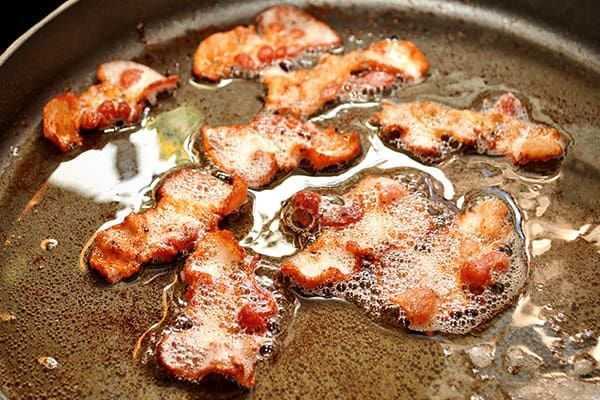Garbage Disposal Tips: What Shouldn’t Go Down the Drain?
Ah, the garbage disposal. It’s a handy little contraption that can make meal prep and cleanup a breeze. But, like with all good things, there are some rules to follow. Namely, what shouldn’t go down the drain? We’ve all heard horror stories of clogs, jams, and even damage caused by the wrong things going down the disposal. So, let’s take a look at some garbage disposal tips that’ll keep your sink (and sanity) intact.
What Shouldn’t Go Down the Drain: 7 Common Things
Want to keep your drains unclogged and your disposal in prime condition? This guide to what shouldn’t go down the drain is here to help!
Don’t Put Non-Food Items Down the Disposal
First and foremost, let’s talk about the obvious: don’t put anything that’s not food down the disposal. This includes things like plastic, metal, paper, or anything else that’s not biodegradable. Make sure you’re only disposing of food waste.
Can You Put Grease in the Disposal?
Now, onto the trickier things. Let’s start with the big one: grease. Grease is a no-no when it comes to garbage disposals. It may be liquid when it’s hot, but once it cools down, it solidifies and can cause major clogs.
This can lead to sink and dishwasher drainage issues, as well as smells from your disposal. So, instead of pouring it down the drain, pour it into a container and throw it away. Your pipes (and your wallet) will thank you.

Fibrous Vegetables Can Cause Jams
Next up, we have fibrous vegetables like celery and asparagus. These guys are sneaky little devils. While they may seem innocent enough, they can actually wrap around the disposal’s blades and cause serious jams.
So, it’s best to toss them in the trash or compost them instead. What can go down the drain is non-fibrous vegetables in small portions like cucumbers and tomatoes.
Stringy or Starchy Foods Can Expand and Cause Clogs
On a similar note, don’t put anything stringy or starchy down the disposal. This includes things like potato peels and corn husks. These can also wrap around the blades and cause jams. And, in the case of starchy foods, they can actually expand and cause clogs.
Can Peels Go Down the Disposal?
Peels from fruits and vegetables can be a bit of a gray area when it comes to disposals. Some peels, like those from apples and potatoes, are safe to put down the drain in small quantities. However, other peels, like those from citrus fruits or onions, can cause problems.
Citrus peels can be too acidic for the blades, while onion peels can wrap around them and cause jams. So, when it comes to peels, it’s best to use your judgment. If you’re not sure whether a peel is safe to put down the disposal, it’s better to err on the side of caution and toss it in the trash instead.
Don’t Put Bones or Pits in the Disposal
Another thing to avoid is anything hard, like bones or pits. These can damage the blades and cause major problems. So, just throw them away or compost them.
Coffee Grounds Can Cause Clogs
Last but not least, we have coffee grounds. Now, I know what you’re thinking: “but coffee grounds are biodegradable!” And you’re not wrong. But, they can still cause clogs if they’re not disposed of properly. So, instead of putting them down the disposal, toss them in the trash or use them in your garden as a natural fertilizer.
When it comes to garbage disposal, it’s important to be mindful of what shouldn’t go down the drain. Stick to food waste, avoid things like grease and fibrous veggies, and you’ll be good to go. Your pipes (and your wallet) will thank you. If you’re ever in doubt, just remember the wise words of your grandma: “When in doubt, throw it out.” And for all your appliance service needs, Reliable Appliance Service is always here for you!

